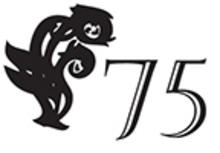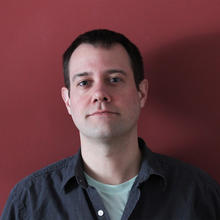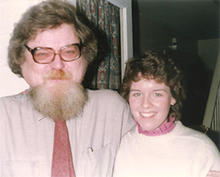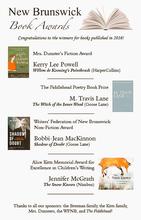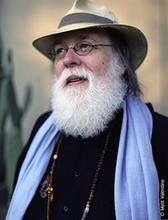Videos from our August 25 Event
On August 25, 2018, The Fiddlehead hosted the first of our planned events leading up to our 75th anniversary in 2020. We brought Alicia Elliott, our nonfiction editor, and Rebecca Thomas to Fredericton to give workshops, and while they were here, we organized a reading that also featured local Fredericton writer Anthazia Kadir.
Thanks to the Canada Council for the Arts (for a Public Outreach Grant), the Fredericton Public Library, and Ty Giffin and Mathew Gracie (videographers). And thanks to Anthazia, Alicia, and Rebecca for their superb readings!
